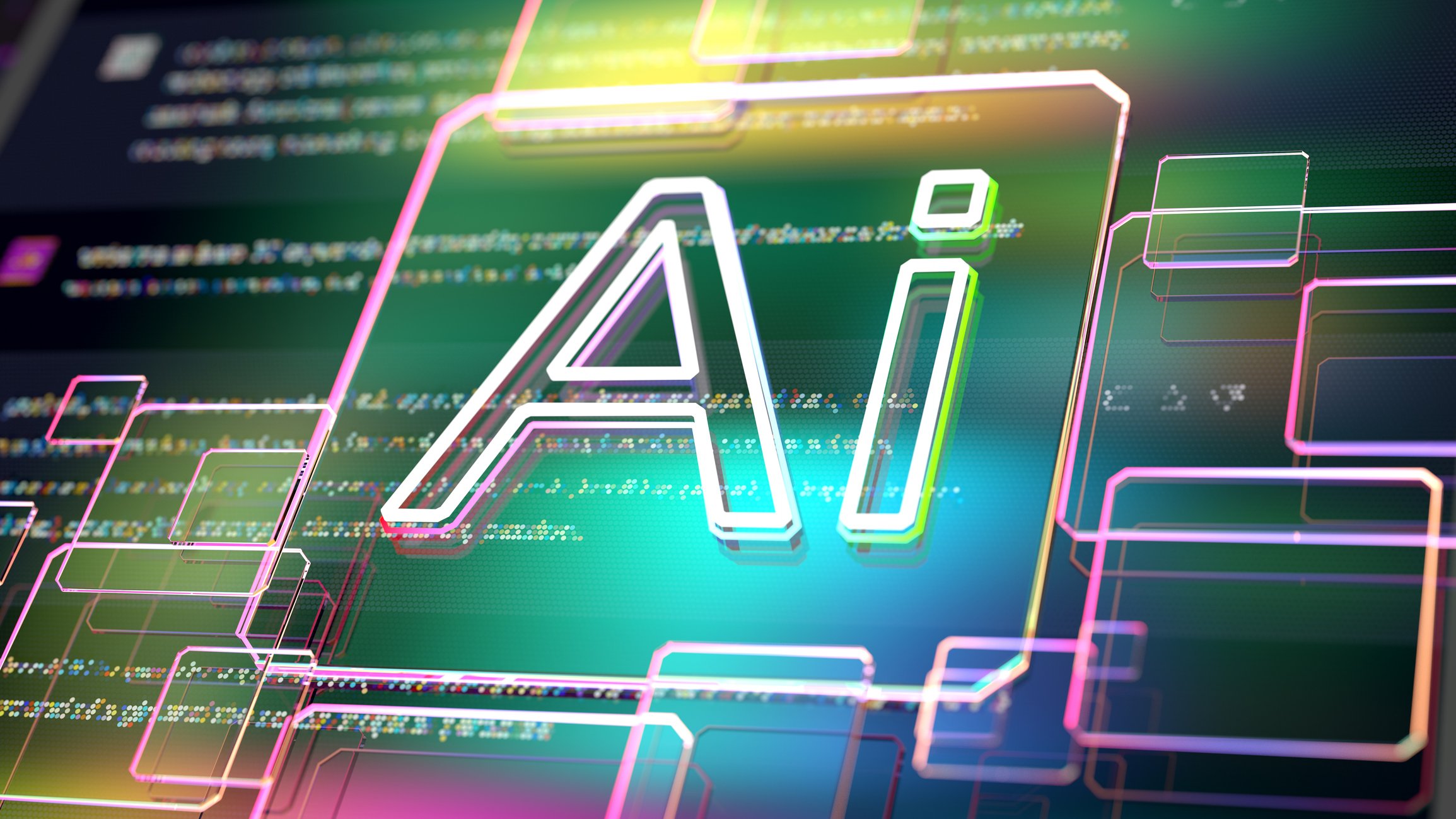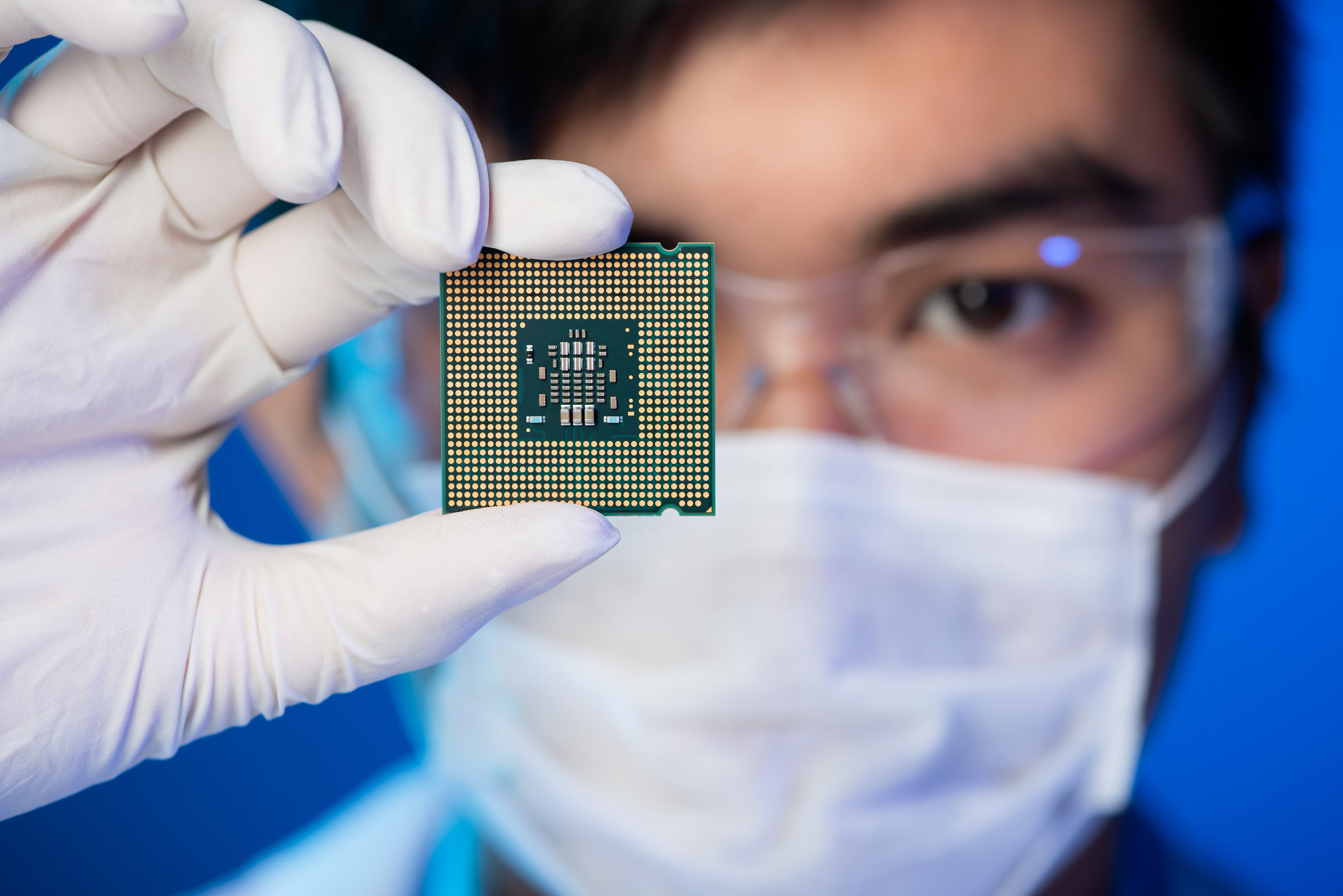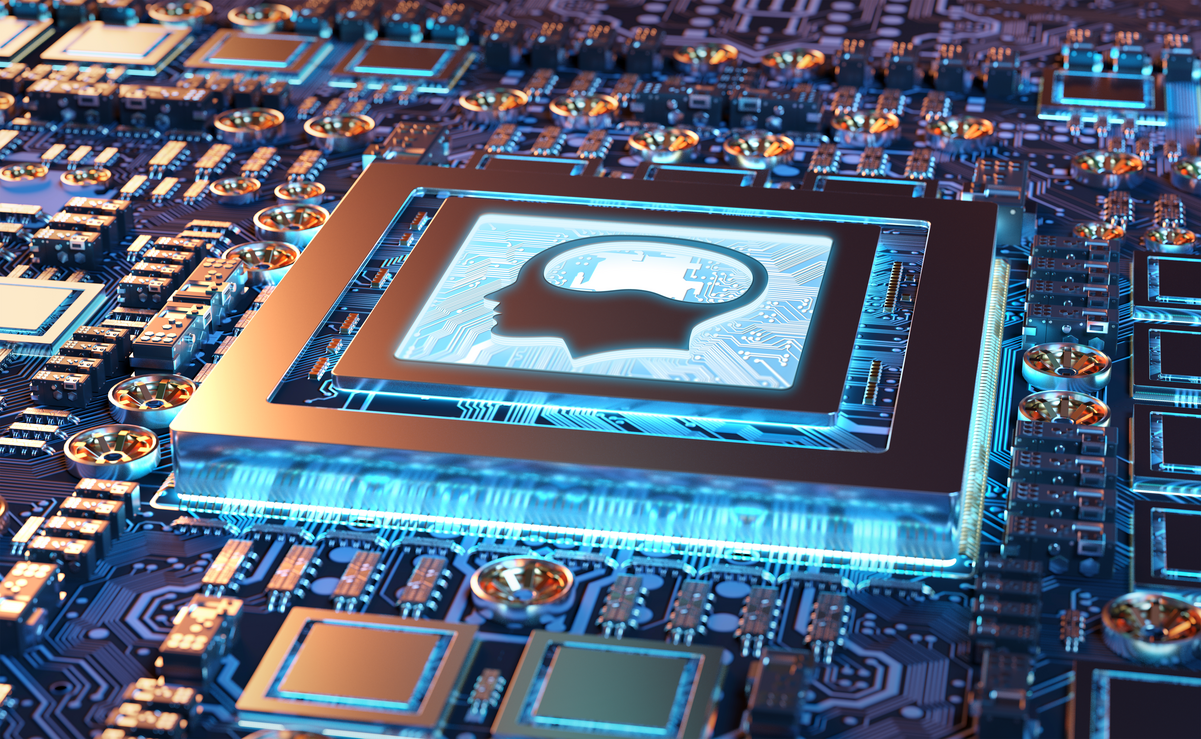Artificial intelligence (AI) investing is growing increasingly difficult. Until now, Nvidia has been the undisputed king of AI computing hardware, but recent client win announcements from Advanced Micro Devices and Broadcom have shaken up that notion. While Nvidia is still dominant, the future could be more competitive. This leaves artificial intelligence investors wondering which of these three they should invest in.
However, there's another way to invest in all three of these businesses: Taiwan Semiconductor Manufacturing (TSM +0.51%). None of these companies has the capabilities to fabricate their own chips and outsource that work to Taiwan Semiconductor. This makes TSMC (as the company is also known) the ultimate way to play the AI arms race from a neutral standpoint, and it could be the ultimate AI winner over the long term.

Image source: Getty Images.
Taiwan Semiconductor rules the high-end chip market
There aren't a ton of competitors in the high-end chip market, and Taiwan Semiconductor holds the largest market share of the few companies competing in it by far. This has been earned through developing cutting-edge technology consistently alongside fantastic production yields. Additionally, Taiwan Semiconductor is only a fabrication company; it doesn't try to market any of its own semiconductor chips. This makes clients less worried that their designs will be copied, as it's in TSMC's best interest to keep its customers happy by staying a neutral party.
Taiwan Semiconductor is in a unique position to benefit from rising AI technology, and it is developing solutions for one of AI's biggest problems: power consumption. It's no secret that the massive buildouts of AI data centers have caused electricity prices to spike in some areas of the country. While there are a few solutions to this problem, one of the ones TSMC is championing is more efficient chips. The next generation of 2nm (nanometers) chips is entering production and will be widely available in 2026.
The efficiency gains for these chips are incredible, with TSMC estimating that when configured to run at the same speed, these chips will consume 25% to 30% less power. That's a notable improvement, and TSMC also has other chip nodes being developed that will further expand on these improvements.

NYSE: TSM
Key Data Points
With TSMC creating its own solutions to the energy crisis problem, it shows that it has its customers' best interests in mind when deciding which direction it needs to take its technology. This is why TSMC has earned its spot at the top of the semiconductor food chain, and it's why I think that it will be the ultimate winner in the AI arms race.
It doesn't matter whose chip design an AI hyperscaler uses. Chances are, it's coming out of a Taiwan semiconductor facility. This makes TSMC an excellent long-term stock pick, and it has the growth to back it up.
Taiwan Semiconductor is putting up fantastic growth numbers
During the third quarter, Taiwan Semiconductor announced sales of $33.1 billion, exceeding the $31.8 billion to $33 billion guidance range it gave investors during Q2. That resulted in a 41% revenue growth rate, showcasing how it's thriving thanks to the AI arms race. It expects further growth during Q4, with its revenue guidance of $32.2 billion to $33.4 billion.
That strong growth is likely to persist, as demand for AI chips isn't slowing down. Many of the AI hyperscalers have announced 2026 capital expenditure plans, and all of them are set to break spending records previously established during 2025. Clients like Nvidia expect global data center capital expenditures to total $600 billion in 2025, but rise to $3 trillion to $4 trillion by 2030. That's monstrous growth, and Taiwan Semiconductor will be able to capture a healthy chunk of that spending by producing the chips that will outfit these data centers.
Taiwan Semiconductor is an integral way to pay the AI arms race, and it will prove to be an excellent investment over the long term. I think investors can scoop up shares now and enjoy fantastic returns as the AI arms race wages on.



